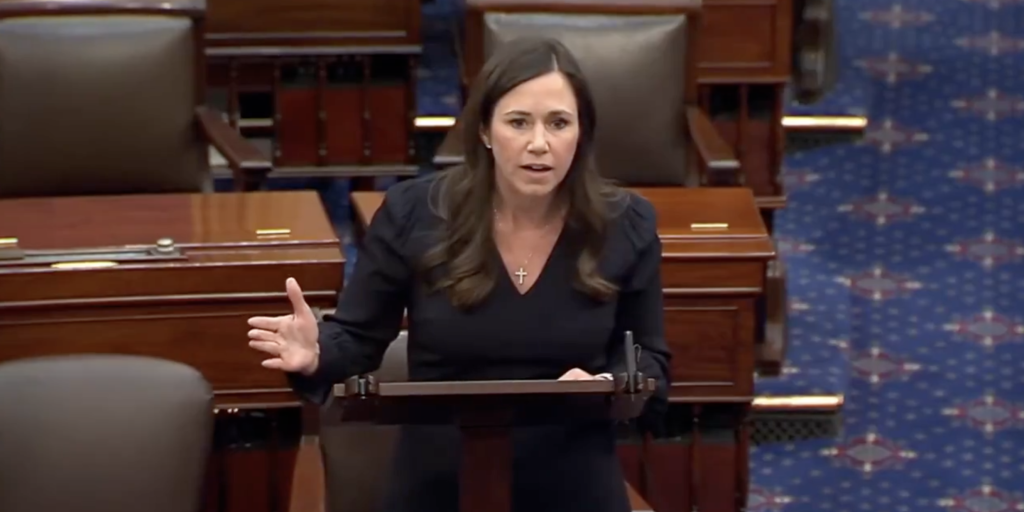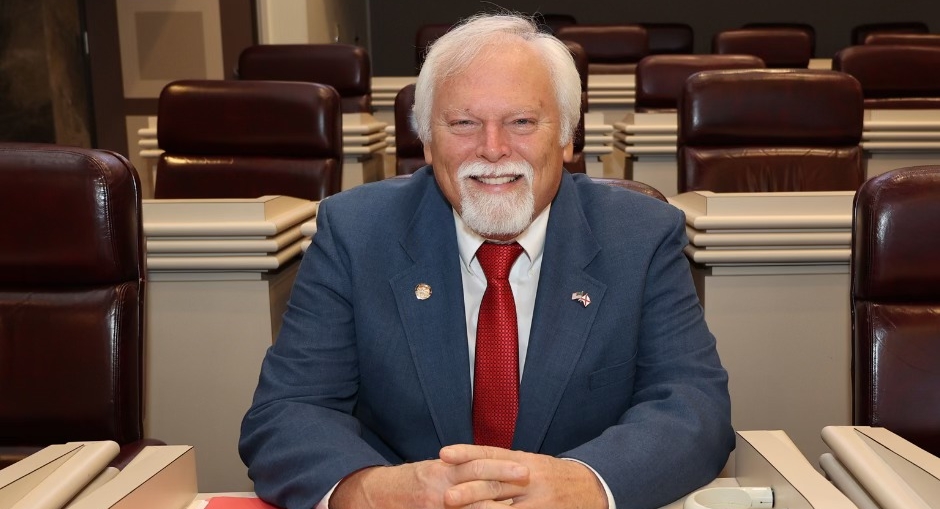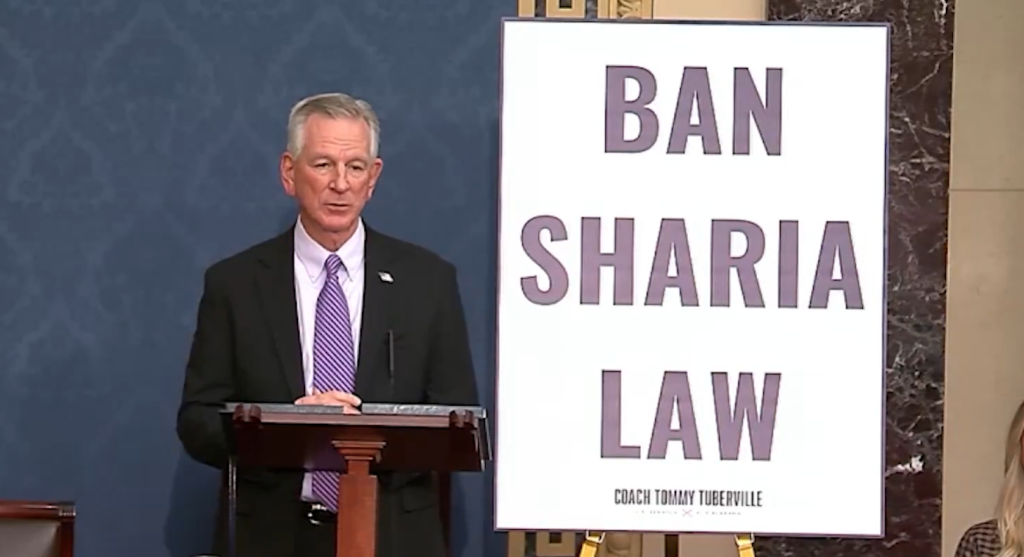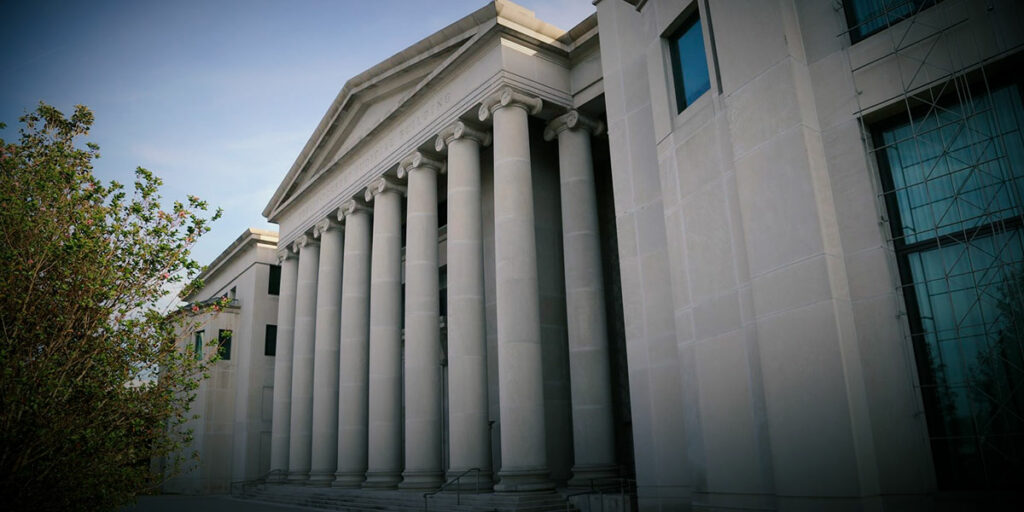A U.S. Supreme Court-approved religious released time education bill still faces an uphill battle in the Alabama State Senate despite getting approved in committee.
Last week, the Senate’s Education Policy Committee gave a favorable report with an 8-1 vote to the legislation with bipartisan support. This bill provides local control and flexibility by requiring local school boards to adopt their own local policy allowing for off-campus religious education with parental consent.
A similar bill recently failed in the Alabama State House by a bipartisan group of lawmakers. The measure was voted down in the in the House Education Policy Committee by a 9-4 margin.
Now, the Senate version is facing tough opposition from the Alabama Superintendents Association and the Alabama Association of School Boards.
These groups were called out in the Senate Education Policy Committee meeting for disseminating misleading information in member alerts and newsletters to their members, causing confusion and leading individual association members to mistakenly oppose the legislation.
These groups have communicated to their members that the bill is a “restrictive state law and [with] rigid constitutional requirements”, stripping local school boards of their autonomy.
However, according to the bill’s text, this is categorically false. The bill states: “Nothing in this act may be construed to limit the authority of local boards of education to tailor the policies required by this section to meet their specific needs, provided the policy reflects the requirements of this section and complies with applicable law, rules, and regulations.”
State Sen. Shay Shelnutt (R-Trussville), who is carrying the bill, clarified this point during the committee meeting, stating, “Local boards retain the authority to decide on elective credits, hours of instruction, background checks, participation, and scheduling.”
He added, “The bill does not impose any rigid mandates but rather offers flexibility and local control.” Shelnutt is correct in this statement, as this bill provides more local control than almost every piece of education legislation passed this legislative session.
Despite these facts, the Alabama Association of School Boards’ member newsletters and alerts repeatedly claim that SB278 “removes the authority of local boards to decide to adopt the policy,” which is clearly misleading. The bill allows local boards to create policies that best fit their districts and create as narrow or as broad a policy as the local school board sees fit.
Shelnutt has clarified that “if the policy [the local school board] implements is super narrow, because this does not work in their district in any way, then so be it.” He added that “if this does not fit into the day, then the policy will be so narrow as will affect the time constraint, and no program will be able to fit in the policy, so they can do what they want to.”
The newsletter also provided a link to a spreadsheet with the personal cellphone numbers of Senators — a huge no-no on Goat Hill — which has been removed from the copy of the newsletter provided in this article. Other communications to members indicate that the Alabama School Board Association has doubled down on their claims.
Support for the bill has come from various local groups, including parents from throughout Alabama, the Alabama Policy Institute (API) the Alabama Citizens Action Program (ALCAP), and local preachers. LifeWise Academy, the lone vocal out-of-state proponent, requires at least 50 signatures from parents and partnerships with three local churches before approaching local education boards.
This legislation comes in response to parents and religious groups being told no to requests for these programs all over the state. There does not appear to be some grand conspiracy to “forcibly change the current state law to their advantage” as the member alert distributed by the Alabama Association of School Boards claims.
During a public hearing on the legislation, Marty Griffin, a staff member from First Baptist Church of Gulf Shores, provided one local example of their prominent local church offering a program but being denied.
Lt. Governor Ainsworth, a vocal supporter of this bill, has echoed Shelnutt’s sentiment regarding opponents of this legislation, saying, “No school official or superintendent opposing its passage has offered a single valid argument against it.”
He also added that “Thousands of students in hundreds of schools across 13 other states already participate in this much-needed, commonsense elective, and Alabama needs to join their ranks now.”
Under this legislation, programs utilize only private dollars, not taxpayer dollars, and no school personnel would be involved in providing the religious-based education. The programs would also assume full liability for students during their excused release time and provide safe and reliable round-trip transportation.
Strict attendance records must be kept and made available to the school. The bill does not require a program to be accepted, just a policy allowing religious released time education if it fits in the local school board’s policy, which could be narrow or broad based on local circumstances. Parental consent is required. This legislation will likely be voted on by the Senate in the near future.
Yaffee is a contributing writer to Yellowhammer News and hosts “The Yaffee Program” weekdays 9-11 a.m. on WVNN. You can follow him on Twitter @Yaffee













